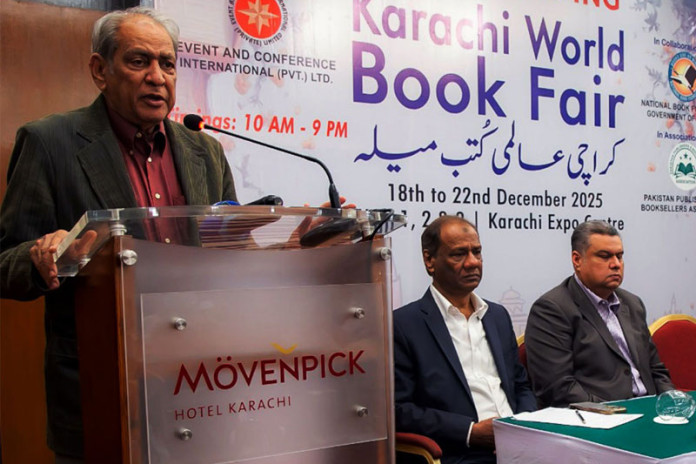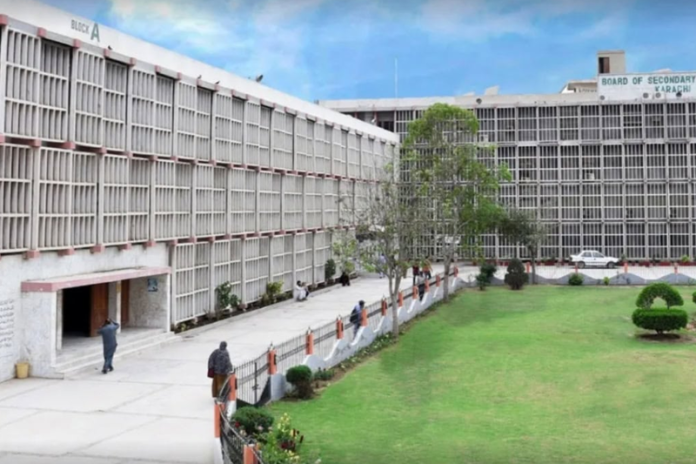Wildlife Conservation

- 2206
- 0
Wildlife is known to be the capital of any country and protecting this invaluable creation of nature is our duty as a nation, like other responsible countries.
However, it is a bitter reality that despite the establishment of wildlife departments in the Federal and provincial levels and their sub-laws and prohibitions, since the establishment of Pakistan, wildlife conservation has been far from being a thing, it has been mercilessly damaged, which has led to a rapid decline in the number of rare birds and animals.
Wildlife in the dear country is not limited to specific places, animals and birds found in settlements are also in need of constructive human behavior. Currently, the largest combing operation in history has been carried out in southern Punjab for the survival and protection of wildlife. has been launched. Under which the Wildlife Department has raided the relevant centers and recovered several rare animals and birds. Resistance was also seen during this operation and 8 accused of firing on government officials were arrested. During the operation, eight trucks full of animals and birds were seized from Multan.
The business of wild animals and birds is continuously expanding due to the negligence and facilitation of some corrupt officials of the relevant departments and no one is asking questions. Despite the ban, poachers are openly engaged in this work. The government has tried to rid South Punjab of illegal bird markets, this campaign needs to be extended to the entire province. Other provincial governments should also come forward, not only illegal bird markets, but also the forest environment should be made effective in every way for increasing the breeding of animals and birds according to the wildlife laws.
On the other hand, the protections of forests is also important as without forests, the wilfelife cannot survive. Experts have even warned that Pakistan will run out of forests within the next 50 years if deforestation continues at the current rate. Numerous reports issued over the years have been highlighting this issue for a long time. According to a report regarding deforestation around the globe, 13 million hectares of forest are destroyed every year. In our our country, the timber mafia needs to be taken notice of. According to latest reports, the timber mafia which is damaging the ecosystem and immediate steps are need to come hard on it. Despite overwhelming hue and cry over the climate change effects, no attention is being paid to the very vital issue of deforestation which is also a main contributor of climate-warming emissions. Environmentalists have rightly termed it as key natural buffer against climate change which are fast depleting. Our country is no exception. Rather Pakistan has one of the highest deforestation rates in the world. On the other hand, the most unfortunate thing is that our country is also listed among the top 10 countries that are most vulnerable to the climate change effects and the impact of global warming. Over the last two decades, Pakistan has noticed the loss of trees which is a visible sign of deforestation. The recent report about how the Pinus halepensis species, otherwise known as the Quetta pine tree, is dying out in the province is the latest case in point. In the case of Balochistan's majestic pine forests - at one time amongst the world's largest - the decimation seems to be the result of an unfortunate convergence of a variety of factors. These include climate change and its consequences, overgrazing and the felling of trees for fuel, a sinking water table, and the growing practice of using wastewater - which is loaded with toxins - for irrigation purposes.
As a result, these ancient forests, many of them hundreds of years old, are slowly, silently, inexorably dying. Perhaps the mourning must be cumulative, for Balochistan together with other parts of the country, is continuing to lose its rich biodiversity. Rapid deforestation is a cause of concern for Pakistan. Just imagine, deforestation rate in Pakistan, estimated at 0.2 percent to 0.5 percent annually, is the highest in the world, which accounts for a 4-6 percent decline in its wood biomass per annum. Experts have warned that Pakistan will run out of forests within the next 50 years if deforestation continues at the current rate. Available reports have been highlighting this issue for a long time.
According to a report regarding deforestation around the globe, 13 million hectares of forest are destroyed every year. The total forest cover in the Pakistan is disputed but a report by the Food and Agricultural Organisation (FAO) mark it even lower than 2.2 percent of total land. Another report indicates that the situation is even worse and that the forest cover is near 1.91 percent. Pakistan loses 42,000 hectares or 2.1 percent of its forests every year. Some of the world's most unique trees, including oak, juniper, chilghoza pine, and deodar in Ziarat and Chitral area have been reduced to numbers. We need to be more careful regarding our forests because we have no other survival option than to protect and conserve our natural resources. In Pakistan, the large part of natural forest areas lies in Gilgit-Baltistan (GB) and southern areas. Unfortunately, the unabated cutting of trees by the timber mafia reduces forest cover to a large degree. According to the UN, countries must have a forest cover of at least 25 percent of their total land while also stressing that cities must have a forest cover of 10 percent.
Experts believe that a country must possess a forest cover of 25 to 30 percent of its total area for sustainable economic growth. The natural forest cover which lies in the country's north part has decreased mostly because people living there have no other way to meet their energy needs. Many areas declared to be forests before partition have now been eliminated. Forests are the most biologically-diverse ecosystems on land, home to more than 80% of terrestrial animals and plants. Forests also provide shelter, jobs, and security for forest-dependent communities.Jalo Park area and Kot Lakhpat are natural forests but with the passage of time can no longer see any sign that these ever existed.
However, one is hopeful about the initiatives taken of the by some of the provincial governments. Forest departments seemed to be reluctant toward deforestation issues but with central and provincial governments' initiatives can help mitigate the global warming situation being faced by Pakistan. Forest cover has been decreasing due to the negligence of the authorities but in the past few years, the federal and provincial governments seemed to be concerned regarding the issue. New initiatives are required which can be helpful not just to mitigate climate but also can help in coping with the energy crisis.


















































